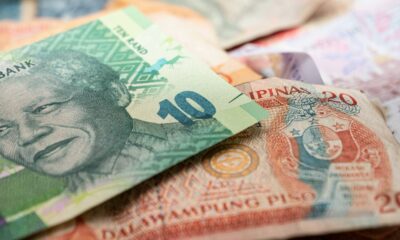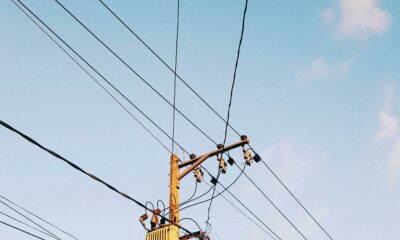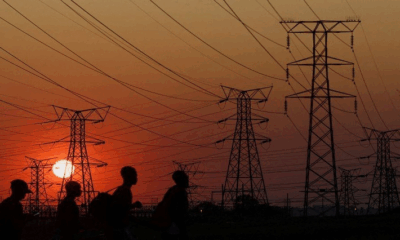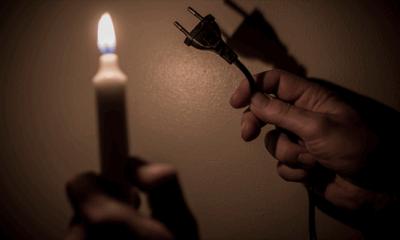Business
South Africans Brace for Higher Electricity Prices After Eskom–Nersa Deal
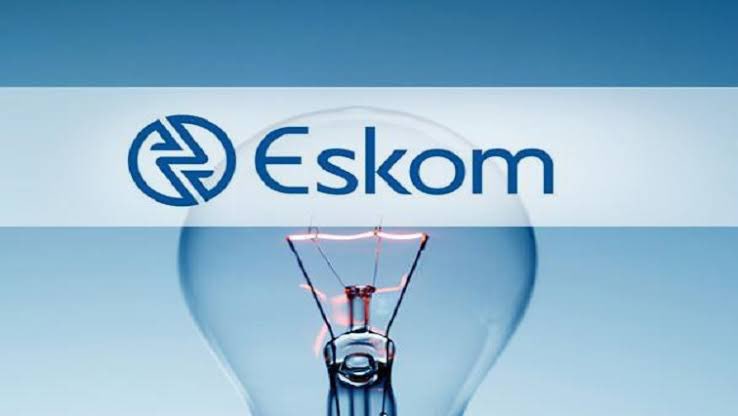
The Deal That Sparked an Uproar
Electricity prices in South Africa are set to climb yet again, following a controversial agreement between Eskom and the National Energy Regulator of South Africa (Nersa). The deal, intended to correct errors in previous revenue calculations, will add another layer of pain for households and businesses already battling steep living costs.
Nersa admitted that a calculation blunder had short-changed Eskom in its earlier decision on allowable revenue. After a court challenge and negotiations, the regulator agreed Eskom was owed R54 billion, money that will now be recouped from consumers through tariff hikes over the next three years.
For many South Africans, the news felt like déjà vu: another technical dispute between Eskom and Nersa, with ordinary people footing the bill.
What the Agreement Means for Tariffs
Under the revised plan:
-
In 2026/27, electricity tariffs will rise an additional 3.4%, pushing the total increase to 8.76%.
-
In 2027/28, tariffs will rise another 2.64%, resulting in an 8.83% hike.
Nersa defended the settlement, calling it “a fair and balanced resolution” that secures Eskom’s financial stability while safeguarding consumers. But that message has not landed well with the public.
Anger on the Ground
Ratepayer groups, unions, and civic associations have slammed the decision. Anthony Waldhausen from the Msunduzi Association of Residents, Ratepayers, and Civics didn’t mince words:
“This blunder by Nersa shows their incompetence and unprofessionalism. Residents are reeling from every other increase and now have to pay extra for electricity, which many can’t afford.”
The South African Local Government Association (SALGA) warned of dangerous ripple effects. Rising tariffs, they said, don’t just squeeze households, they also undermine municipal finances. As more people default or turn to illegal connections, municipalities lose revenue needed to fund other basic services like water, refuse collection, and road maintenance.
Zwelinzima Vavi, general secretary of the South African Federation of Trade Unions (Saftu), went further, calling electricity a “luxury” in today’s South Africa. He warned that rising tariffs are pushing people back into survival modes reminiscent of apartheid-era hardships.
“It has become a luxury to have warm water in your house,” Vavi told a TV news channel. “Women are going back to the forest to fetch wood for fire and cooking. We’re reversing 30 years of developmental gains.”
A History of Price Hikes and Broken Trust
Eskom’s electricity tariffs have more than tripled over the past decade, even as rolling blackouts (load shedding) became a defining feature of daily life. Each round of increases has been justified as necessary to stabilize the utility’s finances or to cover ballooning debt, but for many South Africans, the promises of stability feel hollow.
Culturally, electricity has always been more than just a utility, it is tied to dignity, safety, and modern living. For working-class families, the cost of a prepaid electricity voucher now competes with essentials like groceries and school transport. In rural areas, load shedding and unaffordable tariffs often mean a return to paraffin stoves and firewood.
What Lies Ahead
The electricity price hikes come at a time when South Africans are already grappling with food inflation, fuel increases, and a stagnant economy. Civic groups predict that resistance to paying higher tariffs will only grow, worsening the problem of illegal connections.
Meanwhile, Eskom insists it needs every cent to keep the lights on and invest in infrastructure. Nersa argues it simply corrected a mistake. But for millions of South Africans, the details matter less than the reality: electricity is slipping further out of reach.
The Eskom–Nersa deal may have closed a legal and accounting gap, but it has opened a bigger wound in public trust. For struggling households, it’s another blow in a long line of broken promises. For Eskom and government, the question remains: how do you balance financial sustainability with the basic right of South Africans to affordable electricity?
{Source: IOL}
Follow Joburg ETC on Facebook, Twitter , TikTok and Instagram
For more News in Johannesburg, visit joburgetc.com

